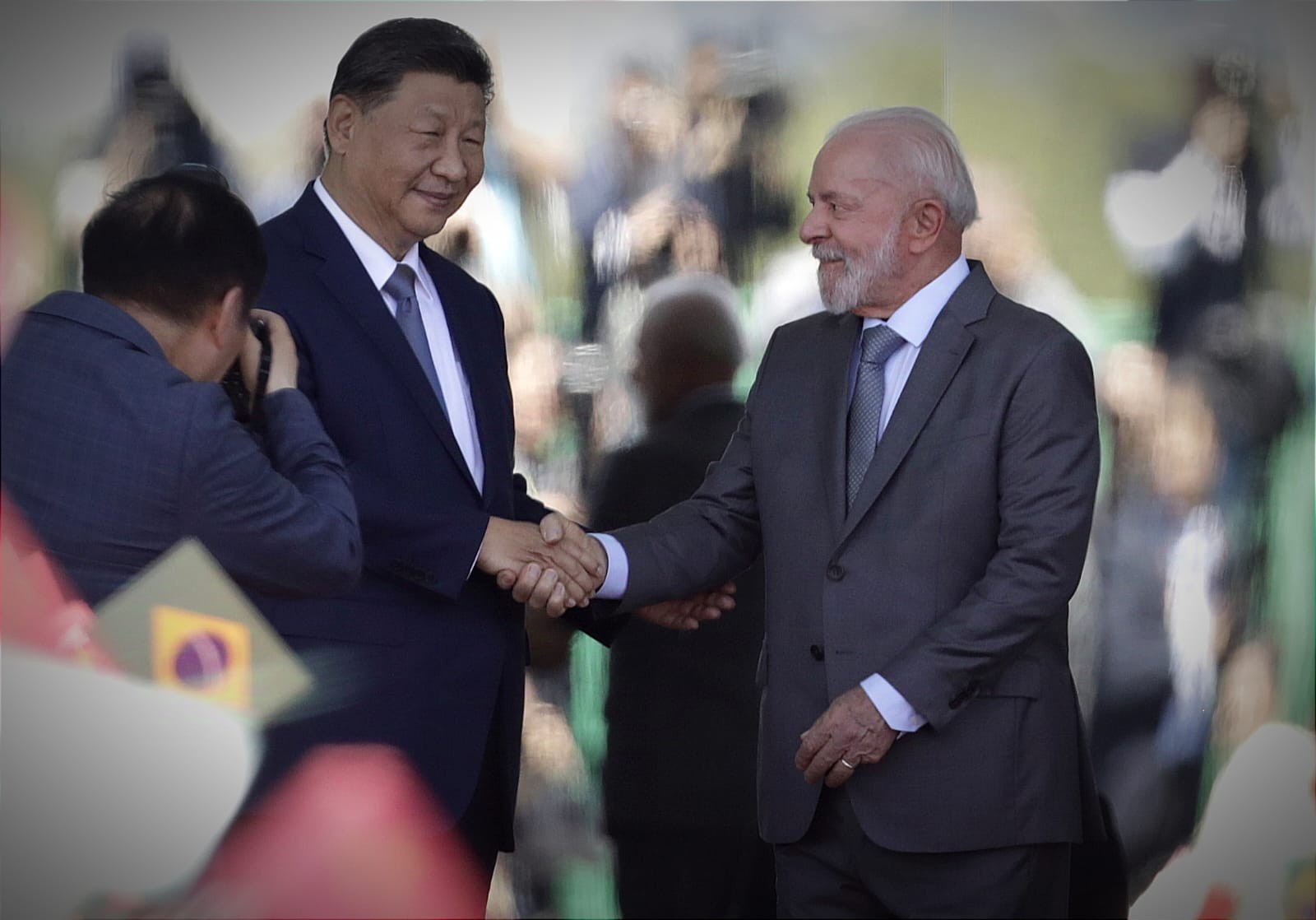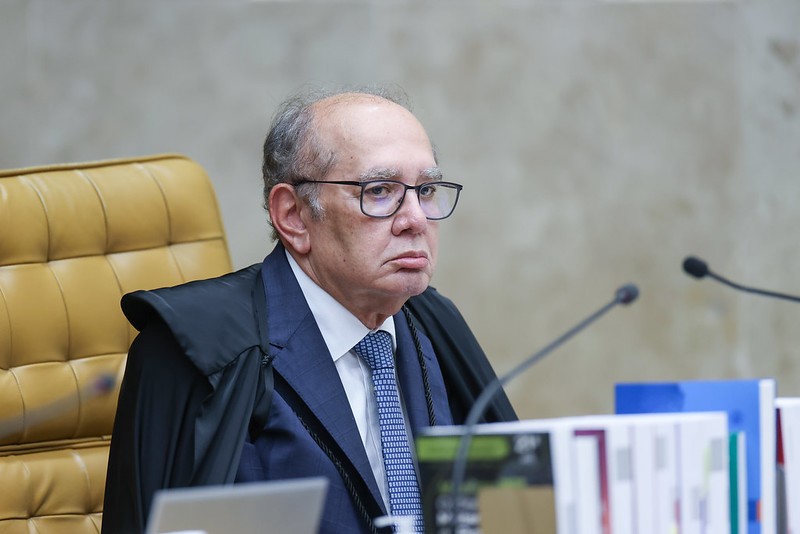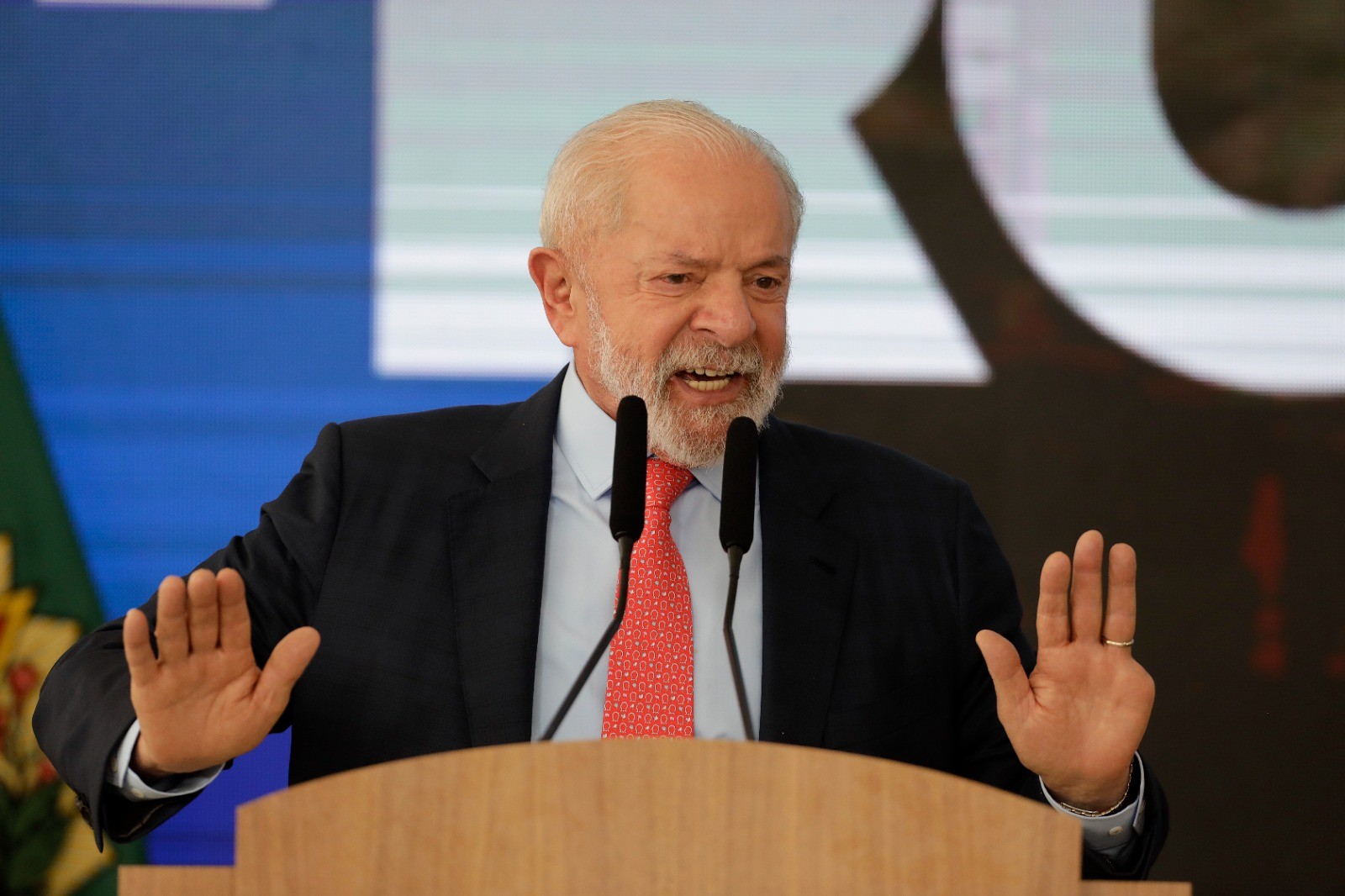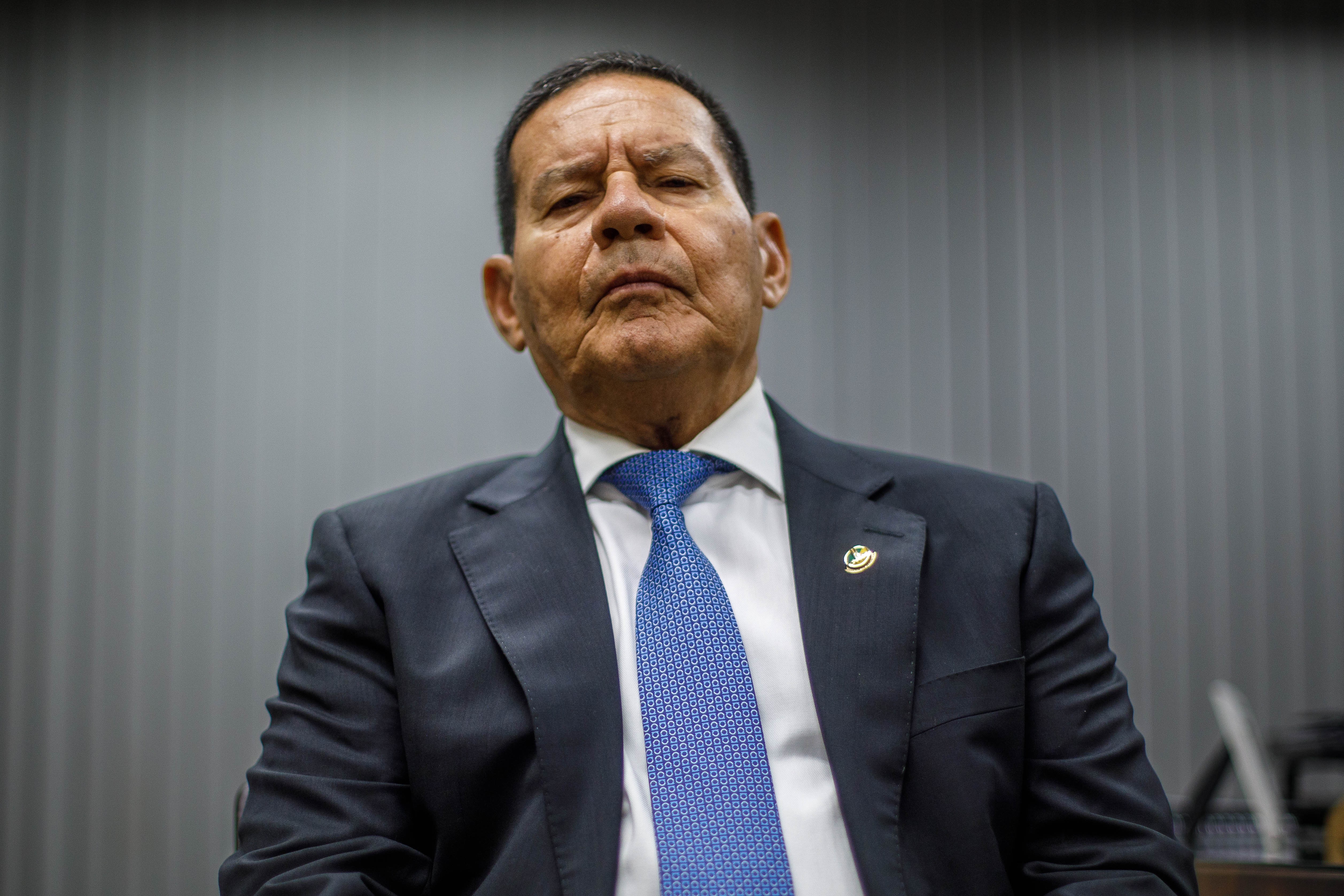Lula and Xi Jinping sign 37 deals in Brasília, but Brazil skips Belt and Road
A protocol of "synergies" was agreed upon regarding the Chinese Belt and Road Initiative During Chinese President Xi Jinping's state visit on Wednesday at the Palácio da Alvorada in Brasília, Brazil signed 37 agreements with the Asian nation across various sectors, yet did not join the Belt and Road Initiative, China's trillion-dollar investment program. G20: Key points from the summit's final declaration Photos: Lula smiles with all leaders except Milei The agreements between Brazil and China encompass market access for agricultural products, educational exchange, and technological cooperation in areas such as trade, investments, infrastructure, industry, energy, mining, finance, communications, sustainable development, tourism, sports, health, and culture. Regarding the Belt and Road Initiative, a protocol on "synergies" was established, but Brazil did not fully commit to the Chinese initiative, as previously indicated to O GLOBO by Lula's special advisor for international affairs, Celso Amorim. The countries aim to find common ground between the Belt and Road Initiative and Brazil's infrastructure and industrial incentive programs. These programs include the Growth Acceleration Program (PAC), the New Brazil Industry Plan, the Ecological Transformation Plan, and the South American Integration Routes Program. China is Brazil's main trading partner, but the Ministry of Foreign Affairs believes there are no advantages in fully joining the Belt and Road Initiative, considering the tumultuous international scenario and Brazil's diplomatic tradition. Longtime partners In his remarks after the bilateral meeting, Lula underscored that the Chinese president's state visit renews the "pioneering spirit" of the partnership between the two countries. — President Xi and I have decided to elevate our global strategic partnership to the level of a community of shared future for a more just world and a sustainable planet. We are determined to lay the foundation for our cooperation over the next 50 years in areas such as sustainable infrastructure, energy transition, artificial intelligence, digital economy, health, and aerospace — he stated. In Brasília: Lula says China and Brazil advocate for 'peace and dialogue'; Xi Jinping urges international community to do more for Gaza The president announced that "synergies" had been established between Brazil's development strategies, such as the New Brazil Industry (NIB), the Growth Acceleration Program (PAC), the South American Integration Routes Program, and the Ecological Transformation Plan, and the Belt and Road Initiative. —To make these synergies concrete, a task force on financial cooperation and another on productive and sustainable development will be established and should present priority projects within two months. According to Lula, China and Brazil need to collaborate and discuss how their cooperation can "resonate globally." The Brazilian president mentioned that both countries advocate for a fairer and more environmentally sustainable international system. He also noted their common understanding regarding the crisis in Ukraine. — China and Brazil prioritize peace, diplomacy, and dialogue. Our common understanding of the Ukraine crisis is an example of our convergence on international security matters. We will never conquer the scourge of hunger amid the folly of wars. The Global Alliance Against Hunger is one of the most important initiatives of Brazil's G20 presidency. China was an early partner in this endeavor to restore dignity to the 733 million people who remain hungry worldwide in the 21st century. The president further emphasized that without peace, the world cannot develop solutions to climate crises. —China's interest in the Tropical Forests Forever Fund, proposed by Brazil to compensate for the preservation of these biomes, confirms that effective alternatives exist to finance sustainable development. The translation of this text into english was carried out by Project Irineu, O GLOBO's initiative to develop artificial intelligence tools. Here is the link to the original report.


A protocol of "synergies" was agreed upon regarding the Chinese Belt and Road Initiative During Chinese President Xi Jinping's state visit on Wednesday at the Palácio da Alvorada in Brasília, Brazil signed 37 agreements with the Asian nation across various sectors, yet did not join the Belt and Road Initiative, China's trillion-dollar investment program. G20: Key points from the summit's final declaration Photos: Lula smiles with all leaders except Milei The agreements between Brazil and China encompass market access for agricultural products, educational exchange, and technological cooperation in areas such as trade, investments, infrastructure, industry, energy, mining, finance, communications, sustainable development, tourism, sports, health, and culture. Regarding the Belt and Road Initiative, a protocol on "synergies" was established, but Brazil did not fully commit to the Chinese initiative, as previously indicated to O GLOBO by Lula's special advisor for international affairs, Celso Amorim. The countries aim to find common ground between the Belt and Road Initiative and Brazil's infrastructure and industrial incentive programs. These programs include the Growth Acceleration Program (PAC), the New Brazil Industry Plan, the Ecological Transformation Plan, and the South American Integration Routes Program. China is Brazil's main trading partner, but the Ministry of Foreign Affairs believes there are no advantages in fully joining the Belt and Road Initiative, considering the tumultuous international scenario and Brazil's diplomatic tradition. Longtime partners In his remarks after the bilateral meeting, Lula underscored that the Chinese president's state visit renews the "pioneering spirit" of the partnership between the two countries. — President Xi and I have decided to elevate our global strategic partnership to the level of a community of shared future for a more just world and a sustainable planet. We are determined to lay the foundation for our cooperation over the next 50 years in areas such as sustainable infrastructure, energy transition, artificial intelligence, digital economy, health, and aerospace — he stated. In Brasília: Lula says China and Brazil advocate for 'peace and dialogue'; Xi Jinping urges international community to do more for Gaza The president announced that "synergies" had been established between Brazil's development strategies, such as the New Brazil Industry (NIB), the Growth Acceleration Program (PAC), the South American Integration Routes Program, and the Ecological Transformation Plan, and the Belt and Road Initiative. —To make these synergies concrete, a task force on financial cooperation and another on productive and sustainable development will be established and should present priority projects within two months. According to Lula, China and Brazil need to collaborate and discuss how their cooperation can "resonate globally." The Brazilian president mentioned that both countries advocate for a fairer and more environmentally sustainable international system. He also noted their common understanding regarding the crisis in Ukraine. — China and Brazil prioritize peace, diplomacy, and dialogue. Our common understanding of the Ukraine crisis is an example of our convergence on international security matters. We will never conquer the scourge of hunger amid the folly of wars. The Global Alliance Against Hunger is one of the most important initiatives of Brazil's G20 presidency. China was an early partner in this endeavor to restore dignity to the 733 million people who remain hungry worldwide in the 21st century. The president further emphasized that without peace, the world cannot develop solutions to climate crises. —China's interest in the Tropical Forests Forever Fund, proposed by Brazil to compensate for the preservation of these biomes, confirms that effective alternatives exist to finance sustainable development. The translation of this text into english was carried out by Project Irineu, O GLOBO's initiative to develop artificial intelligence tools. Here is the link to the original report.
Qual é a sua reação?



































